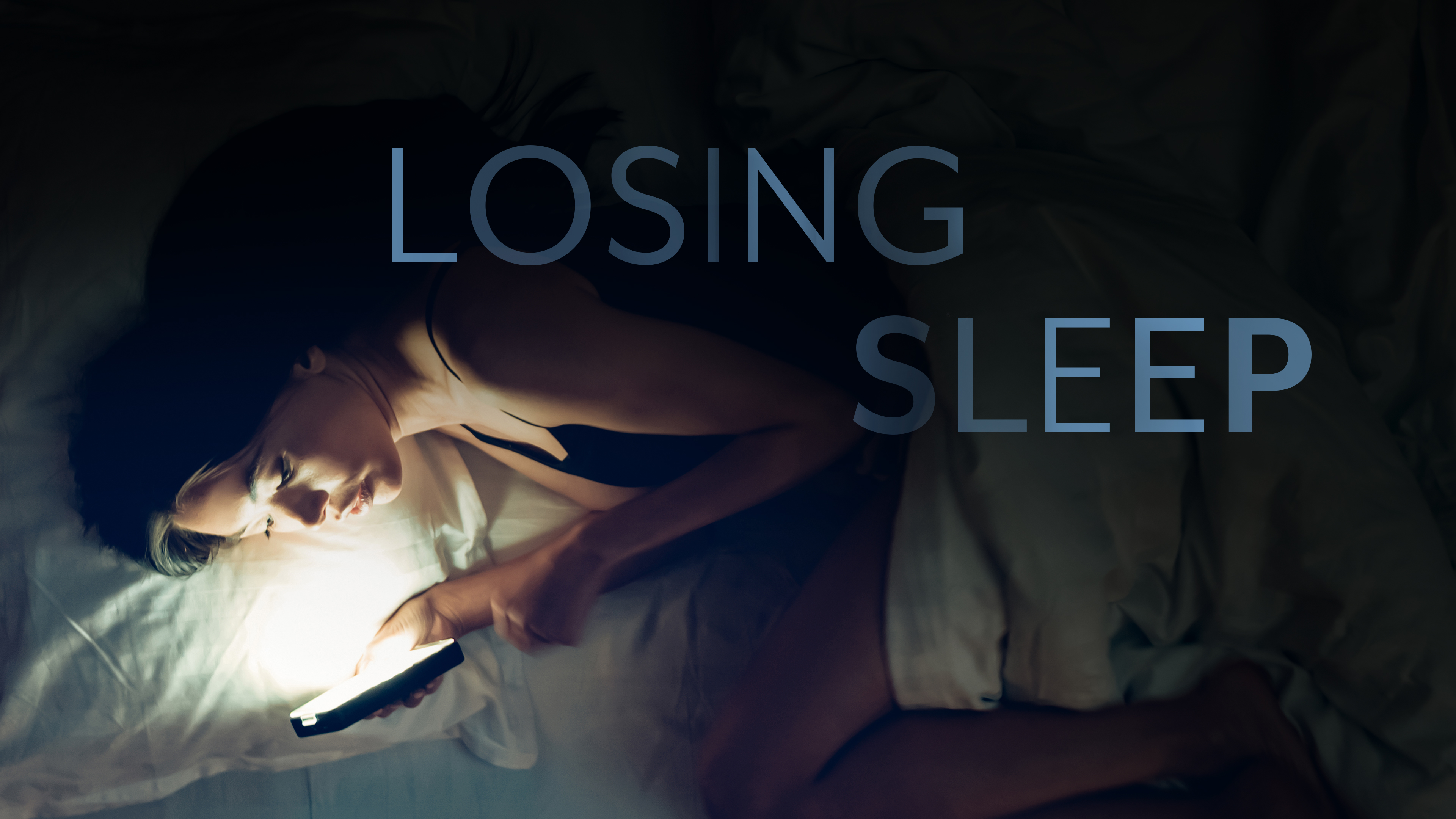According to mental health research, the holiday season may not be the most wonderful time of the year for everyone.
◊
Three in five Americans feel that their mental health is negatively impacted by the holidays, according to a 2021 survey conducted by Sesame, a service that connects healthcare providers with American consumers.
Nearly a decade earlier, in a National Alliance on Mental Illness (NAMI) survey, 64 percent of those with mental health diagnoses reported that the holiday season exacerbated symptoms, and more than half of all participants reported increased loneliness.
Thankfully, recent studies have also revealed that winter months don’t coincide with higher suicide rates, but the coldest and shortest days of the year remain among the toughest for those with and without mental illnesses. If you’re experiencing holiday blues yourself, we present effective alternatives to feeling guilty about feeling sad.
If you find yourself losing sleep during the holiday season, check out this eye-opening MagellanTV documentary.
Don’t Abandon Routine
From Thanksgiving (in the U.S.) through New Year’s Day, many of us enjoy an unusual amount of time off, which may not be as pleasant as it sounds. Even if you’re in the middle of a break, sticking to consistent sleep schedules and exercise in the interest of health can keep you out of a groggy funk.
Note that continuing to participate in social activities is as important as continuing physical activity. If you regularly listen to sermons at houses of worship, attend book clubs, or lead your trivia team to victory, don’t let plummeting temperatures keep you from continuing beneficial routines. You might also invite a close friend to Zoom calls now and then to weave some social interaction into your daily life. And, simply greeting the barista at the cafe can positively impact your mood.
Shrink Yourself
While there are plenty of practical steps you can take, much of the effort to feel better occurs more cerebrally. As the end of the year approaches, an avalanche of perennial holiday movies, Christmas tree lightings and carols, and countless festivities can feel overwhelming for people who feel out of step.
Many feel that everyone else has a caring significant other or accepting family with whom to share the holidays, lamenting supposedly unusual solitude. But, the holidays come around every year, and we can't expect them to resolve the loneliness that many experience, or other forms of emotional pain.
Be easy on yourself. Don’t expect too much from the holidays, but don’t expect too much from yourself, either. Don't force yourself to put on a happy face any more than you would force yourself to be sad during a funeral. Give yourself permission to feel however you feel, even if those feelings are ambivalent or outright negative. Having the holiday blues doesn't mean you're mentally ill; plenty of people without psychiatric diagnoses struggle through this season.
Avoid Stress Preemptively
The holiday season is a time for parties and cookie exchanges, among other festivities, but try to avoid agreeing to everything because every event is a commitment. Even if you have no obligation to bring cookies or champagne, planning and attending events still requires energy.
Whether you’re cooking, wrapping presents, or decorating a tree, have a plan to execute as early in the season as possible. You don’t need to pull out the decorations on Black Friday, but don’t save everything for the night before, either.
 (Credit: Josh Harrison, via Unsplash)
(Credit: Josh Harrison, via Unsplash)
This Holiday Season Can Be Better than Last Year’s
Don’t fret if you’re among the many who feel blue during the holiday season. As long as you remember that “the most wonderful time of the year” bombards us with a gnarly cocktail of inaction, unrealistic expectations, and stress, you’ll paradoxically feel a lot better.
There’s nothing wrong with taking some time away from work to be with your family, but don’t interpret time off as an opportunity to do absolutely nothing. After all, doing nothing won't make you feel good -- but caring for your physical and emotional well-being might help.
Ω
Title Image credit: Mike Labrum, via Unsplash



